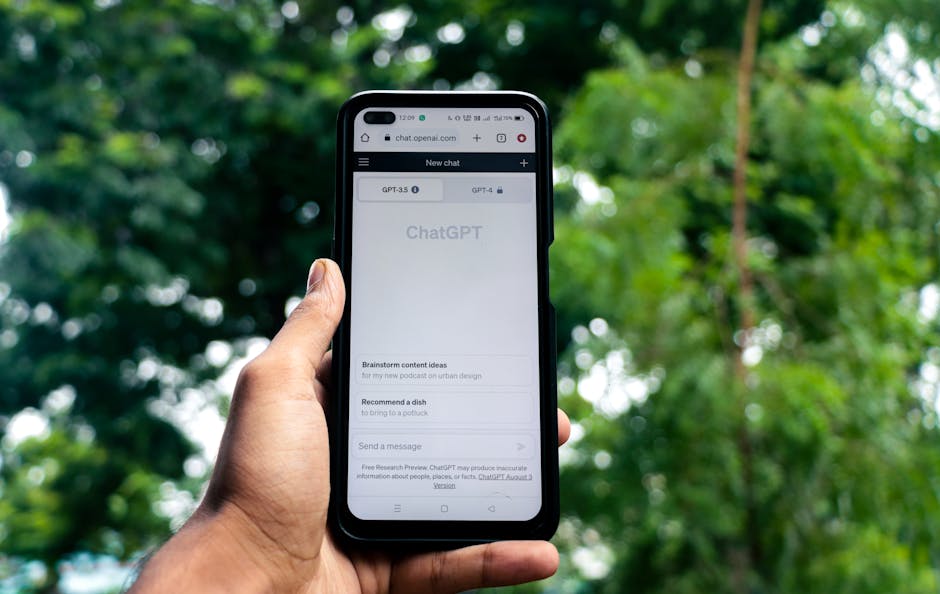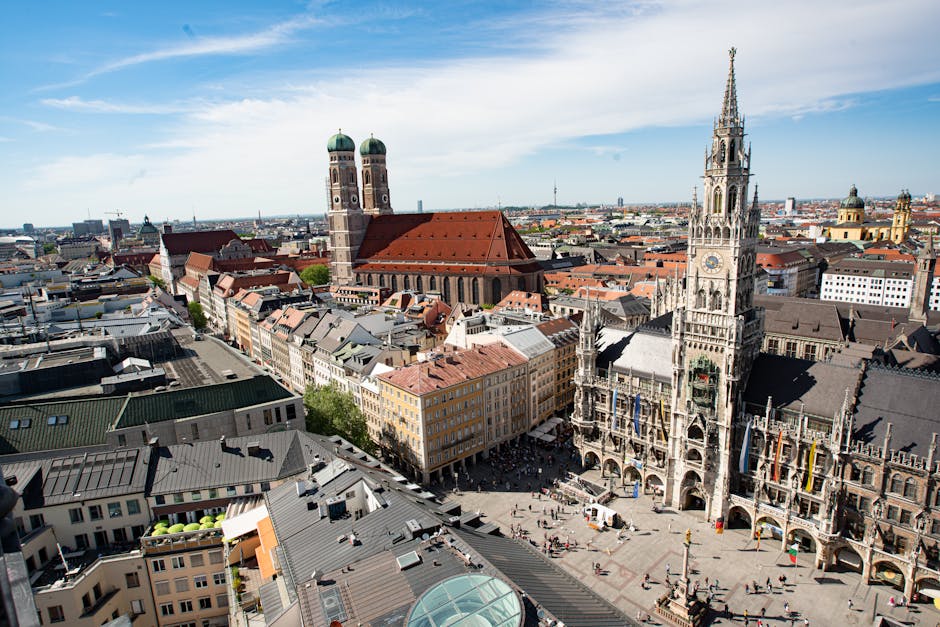NEW DELHI – Former US President Donald Trump has kicked off his Asia tour with a series of controversial remarks, making headlines with his comments on Jimmy Lai, Canada, and Kim Jong Un. In a style that has become his trademark, the Republican frontrunner’s off-the-cuff statements are sending diplomatic shockwaves across the continent.
For leaders in New Delhi and other Asian capitals watching closely, these comments are more than just soundbites. They serve as a potential preview of a second Trump presidency and a stark reminder of his transactional, personality-driven approach to foreign policy. Here’s a breakdown of what he said and why it matters.
On Jimmy Lai: A ‘Chilling’ Silence That Worries Allies
When questioned about Jimmy Lai, the pro-democracy media mogul facing a sham trial in Hong Kong, Trump’s response was notably tepid. Instead of condemning Beijing’s actions—a stance with strong bipartisan support in Washington—Trump was reportedly dismissive, signaling a lack of interest in the publisher’s fate.
This is deeply concerning for nations in the Indo-Pacific. A strong American stance on Chinese aggression and human rights is a cornerstone of regional stability. Trump’s apparent indifference to Lai’s plight suggests that under his leadership, principles like democracy and freedom of the press could become bargaining chips in negotiations with Beijing. It sends a message that America’s commitment to its values may be conditional, a worrying prospect for alliances like the Quad.
On Canada: A Surprise Rebuke Aimed at All US Allies
In a bizarre non-sequitur during a discussion on Asian trade, Trump took a swipe at Canada, criticizing its trade practices and Prime Minister Justin Trudeau. While his grievances with Canada are well-documented, raising them at the start of an Asia tour is a classic Trump maneuver. It serves as a blunt reminder to all US allies, from Tokyo to Canberra, that no relationship is safe from his public criticism.
This is his “America First” doctrine in action. It signals that shared history and values can take a backseat to perceived economic slights. For countries like India, which has navigated a complex relationship with the US, it’s a cautionary tale that any nation can find itself in the crosshairs over what Trump deems an “unfair deal.”
On Kim Jong Un: Praising a ‘Beautiful’ Relationship
Finally, Trump reverted to a familiar script on North Korea, praising his personal relationship with North Korean leader Kim Jong Un. He fondly recalled the “beautiful letters” they exchanged, implying that his unique brand of personal diplomacy is the only effective way to handle the reclusive state.
While his summits with Kim temporarily lowered tensions, this approach continues to rattle traditional US allies like South Korea and Japan. It bypasses established diplomatic channels and risks legitimizing a brutal dictator without achieving concrete denuclearization. For nations that support global non-proliferation, Trump’s personal affinity for Kim Jong Un complicates an already fraught security landscape, replacing strategy with unpredictable personal chemistry.
In conclusion, Trump’s opening salvo on his Asia tour was a masterclass in his disruptive style. His comments on Lai, Canada, and Kim paint a cohesive picture of his worldview: a disinterest in championing democracy, a willingness to publicly rebuke allies, and a profound belief in his personal deal-making. For Asia and the world, the message is clear: a second Trump presidency would mean the end of predictable diplomacy.




